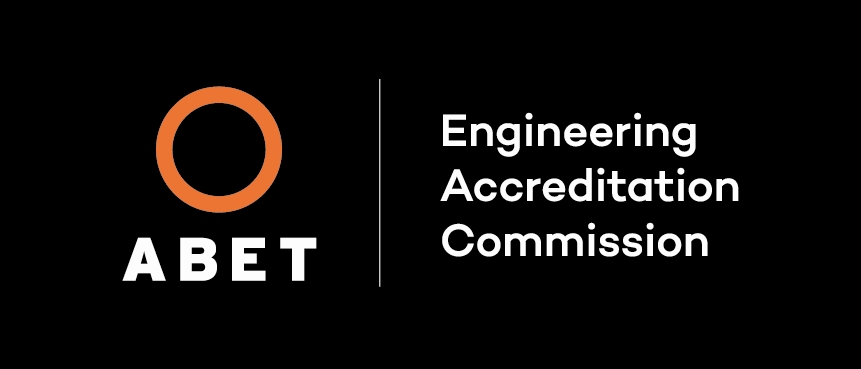ABET - Accreditation

|
ITU Meteorological Engineering Undergraduate Program accredited by the Engineering Accreditation Commission (EAC) of ABET.http://www.abet.org/ |
Mission
The mission of the department is to educate individuals both in undergraduate and graduate levels for careers in the interdisciplinary fields of meteorology and atmospheric sciences; Equipped with contemporary knowledge and abilities, to conduct basic and applied research projects to contribute to the body of scientific knowledge and support the department’s education programs with an ultimate goal of serving for the well being of the natural environments and mankind.
Program ABET Coordinator
Asst. Prof. Barış ÇALDAĞ
Program Educational Objectives
The educational objectives of the Meteorological Engineering undergraduate program are for its graduates to achieve the following career and professional accomplishments in the field of meteorology and atmospheric sciences:
-
To built on solid quantitative background in atmospheric science and its applications for professional practice or post-baccalaureate studies as their aptitudes and career goals may dictate.
-
To conceptualize, design, model, and analyze meteorological systems, with a broad understanding of atmospheric phenomena and its meteorological applications to real life problems.
-
To develop algorithms and to use modern computational/simulation software in creating new knowledge and solutions to meteorological and environmental problems.
-
To develop as individuals and professionals, communicating effectively, contributing as team members, engaging in life-long learning, behaving in a professional and ethical manner, and functioning capably in multidisciplinary environments
Student Outcomes:
a. An ability to apply knowledge of mathematics, science, engineering, and applied sciences in meteorology to reflect requirements of the profession.
b. An ability to design and conduct experiments as well as to analyze and interpret data for real life problems.
c. An ability to design and/or to model an earth system, its components, or processes to meet desired needs.
d. An ability to function on multidisciplinary and interdisciplinary teams.
e. An ability to identify, formulate, and solve engineering and applied sciences problems.
f. An understanding of professional and ethical responsibility.
g. An ability to communicate accumulated knowledge and experiences to academia and public effectively.
h. The broad education necessary to understand the impact of engineering and applied sciences solutions in a global and societal context.
i. A recognition of the need for and an ability to engage in life-long learning and self development.
j. Knowledge of contemporary issues and ability to apply professional knowledge to the current national and global needs.
k. An ability to use the techniques, skills, and modern engineering and applied sciences tools necessary for meteorological engineering practice.
For the Curriculum and Course Syllabi click here
For the resumes of academic staff click here
For the department page click here
Annual Statistics
| Years | Enrolled Students | Number of Graduate |
| 2009 | 102 | 18 |
| 2010 | 77 | 19 |
| 2011 | 94 | 39 |
| 2012 | 127 | 38 |
| 2013 | 94 | 39 |
| 2014 | 57 | 40 |
| 2015 | 62 | 36
|